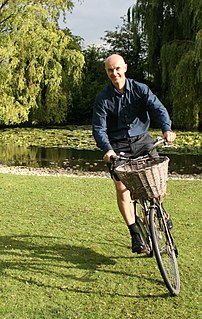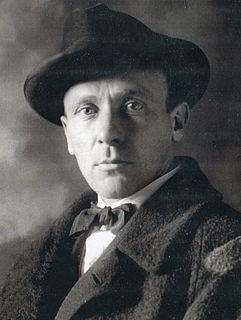A Quote by Don Winslow
A writer who doesn't need the money gains power and is dangerous in a negotiation.
Related Quotes
That's what Judith Herman is saying, and she's absolutely right. Power then breeds an intensification of all because the power can never be absolute power - to some extent it's stymied - but the isolation while in power becomes even more dangerous. Think of it as a vicious circle. The power intensifies these tendencies and the tendencies become more dangerous because of the power.
If you want to be a writer, all you need is a piece of paper and a pencil, and I had a manual typewriter. It doesn't cost money to write. It costs money to make art. So I would just write. I would hand out stories in the classes in high school. And the teacher would say, "Whatever you do, don't become a writer."
If there is such a thing as saintly renunciation, it is renouncing small gains for better gains; not for no gains, but seeing with open eyes what is better and what is inferior. Even if the choice has to lie between two momentary gains, one of these would always be found to be more real and lasting; that is the one that should be followed for the time.
Regardless of what you plan to use it for, the goal should always be to raise money right before you need it. You don't want to get into a situation where you need cash and you're unable to raise it - or you're unable to raise it on favorable terms. As with any negotiation, you want to raise from a position of strength.
For anyone with the traits - of feeling himself victimized, of seeking to be the strongman who resolves everything, yet sees truth only through his own self and negates all other truth outside of it - is bound to become more malignant when he has power. Power then breeds an intensification of all this because the power can never be absolute power - to some extent it's stymied - but the isolation while in power becomes even more dangerous. Think of it as a vicious circle. The power intensifies these tendencies and the tendencies become more dangerous because of the power.
To struggle against censorship, whatever its nature, and whatever the power under which it exists, is my duty as a writer, as are calls for freedom of the press. I am a passionate supporter of that freedom, and I consider that if any writer were to imagine that he could prove he didn't need that freedom, then he would be like a fish affirming in public that it didn't need water.



































